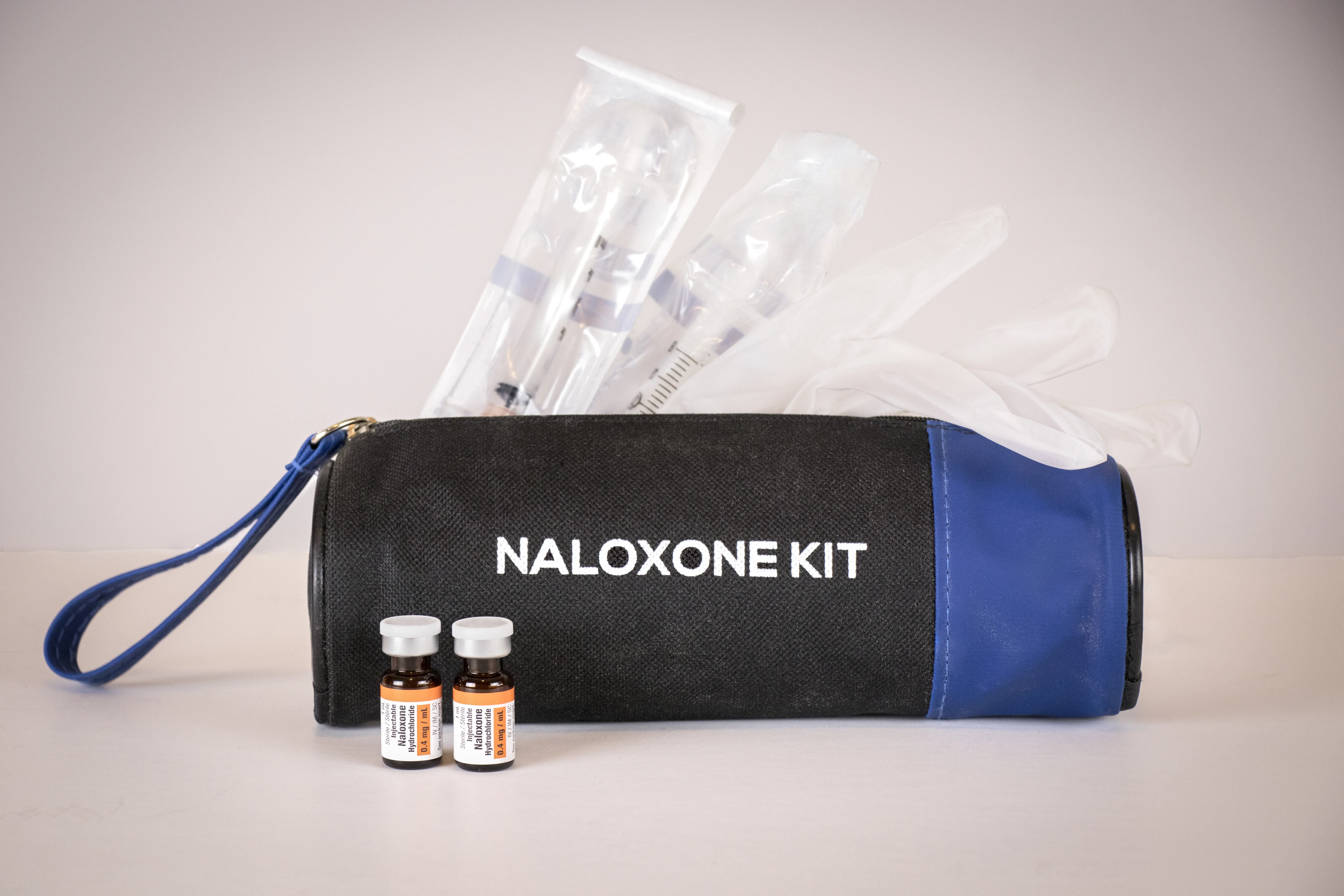
Strain on Nebraska behavioral health system could worsen; need remains high
Click play to listen to this article.
(Nebraska News Connection) A 2024 study showed almost 26 percent of Nebraskans reported having a mental-health illness in the past year -- nearly 3 percent higher than the national average.
Providers and stakeholders of Nebraska's behavioral health care system face uncertainty as more budget cuts loom. In the last legislative session, $15 million was cut from the state's behavioral health services budget and the heads of state government divisions are now being asked to find more cuts.
Tiffany Gressley, regional administrator for Region 3 Behavioral Health Services, questioned how cuts to behavioral health align with Nebraska's conservative values.

"We're being fiscally conservative by serving these people early; as early as we can," Gressley pointed out. "We're saving money and we're saving, on top of that, the human cost that goes along with untreated mental health conditions. "
Gressley explained last year's cut brought the total budget reductions to Nebraska's behavioral health system to nearly $50 million over the past six years, much of it from unfunded provider rate increases. She stressed budget cuts mean fewer Nebraskans receive services.
Among Nebraska counties, 88 of 93 had a shortage of behavioral health providers in 2023, and 29 had none at all. Many rural Nebraskans face considerable challenges accessing behavioral health care, which advocates said further budget cuts will only exacerbate.
Sadie Thompson, chief innovation officer for the Lincoln-based Wellbeing Initiative, an organization providing services for mental health, substance use and chronic physical health conditions, said after a nearly 12 percent cut to its budget this fiscal year, the organization had to close satellite locations in Fairbury and Geneva and was unable to open one planned for Seward.
"All of these rural communities that we were really starting to see lots of engagement with and impact basically got the rug pulled out and weren't able to continue to have these services," Thompson noted. "These communities don't have services anyway."
Bob Shueey, CEO of South Central Behavioral Services in Hastings and Kearney, said they are constantly looking for qualified therapists and frequently have to turn patients away as a result. Shueey added the state's low provider rate combined with retirements has depleted the state's behavioral health workforce. He argued without attention, the situation will only worsen.
"Even if we raise the rates to a sustainable rate today, it's a multiyear pipeline before someone's even able to start working," Shueey emphasized. "Then that information has to be out there to new students and to young people. 'I'll be able to make my house payment and pay my student loans if I do this; I'm not going to be poor my whole life.'"















